
Hong Kong Journalists Rate Press Freedom at Record Low Amid National Security Concerns
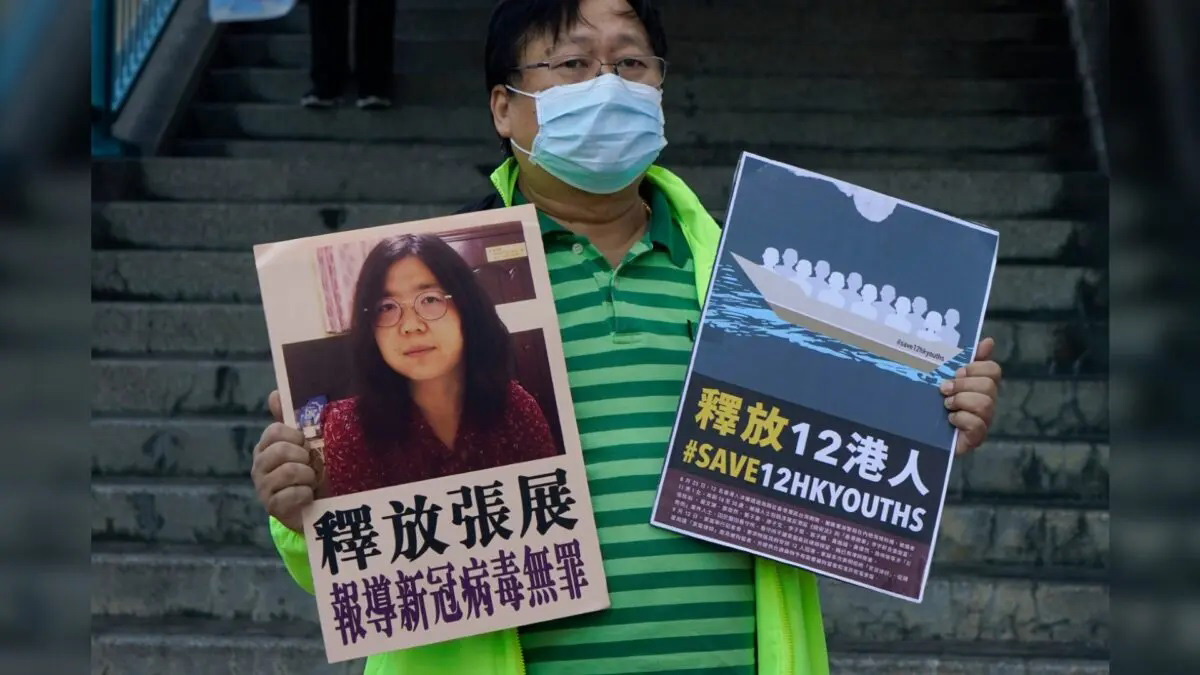
Hong Kong journalists have rated the city’s press freedom lower than ever before, according to an annual survey released on Tuesday, amid growing fears of sweeping national security laws.
The Press Freedom Index, published by the Hong Kong Journalists Association (HKJA) and the Hong Kong Public Opinion Research Institute (HKPORI) since 2013, ranks the city’s media environment on a scale from zero to 100, with 100 being the highest possible score.
This year’s rating among journalists dropped to an all-time low of 25, a decline of 0.7 points from last year and a significant 17-point drop from the survey’s inception. The index is based on a poll of more than 250 working journalists and approximately 1,000 members of the public.
Over 90% of the surveyed journalists reported that Hong Kong’s press freedom has been “significantly” impacted by a new national security law enacted in March, known as Article 23. This law, which targets crimes like espionage and foreign interference, is the second such law imposed on Hong Kong, following one implemented by Beijing in 2020 after the city experienced widespread pro-democracy protests.
The prosecution of media tycoon Jimmy Lai, founder of the now-defunct tabloid Apple Daily, under the 2020 security law, was also cited by 94% of journalists as “highly damaging” to press freedom.
Another major concern among journalists is the disappearance of South China Morning Post reporter Minnie Chan, who has been unreachable since attending a security forum in Beijing last year. The HKJA has expressed deep concern for Chan, an award-winning journalist, who remains missing.
While the rating among the public was slightly higher at 42.2, it has remained relatively stable after the last significant drop from 45 in 2018 to 41.9 in 2019. The HKJA suggested that this discrepancy might be due to less public discussion around Article 23 compared to the more controversial 2020 National Security Law. However, journalists are reportedly “more cognizant of potentially running afoul of the new crimes created by Article 23 when reporting.”
In response to the survey, China’s foreign ministry stated on Tuesday that Hong Kong’s security laws “target a very small number of individuals who severely endanger national security, not law-abiding media reporters.” The ministry’s spokeswoman, Mao Ning, added that since the implementation of these laws, “press freedom in Hong Kong has been better protected under a safe and stable environment in accordance with the law.”
The publication of the Press Freedom Index comes just weeks after HKJA’s newly elected chairperson, Selina Cheng, was fired by the Wall Street Journal after assuming her new role. While Dow Jones, the parent company of the Wall Street Journal, declined to comment on Cheng’s dismissal, it reiterated its commitment to being “a fierce and vocal advocate for press freedom.”
This year’s survey highlights growing concerns about the erosion of press freedom in Hong Kong as the city’s media environment continues to face unprecedented challenges under the tightening grip of national security laws.
- NEA Faces Financial Crisis as Bank Accounts Frozen Over Arbitration Dispute
- UN Working Group Condemns Bhutan for Arbitrary Detention and Human Rights Violations
- Foreign Minister Rana Holds Talks with Indian Counterpart S. Jaishankar
- Madhesh Province Declines Participation in SEE Over Unaddressed Concerns
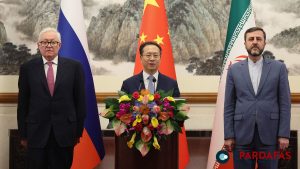
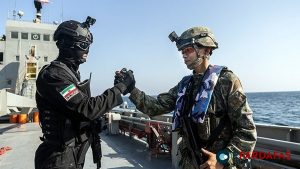
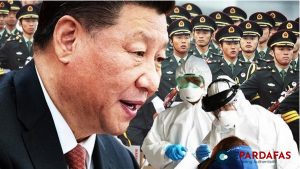
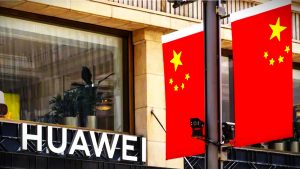
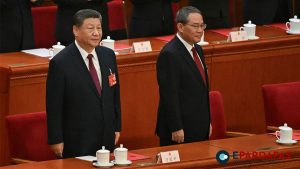

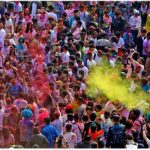



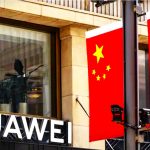
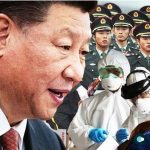
Comments